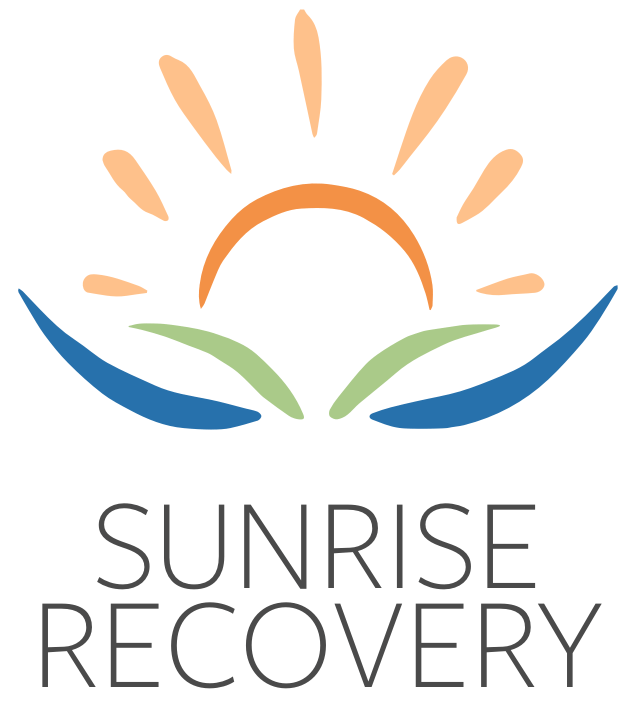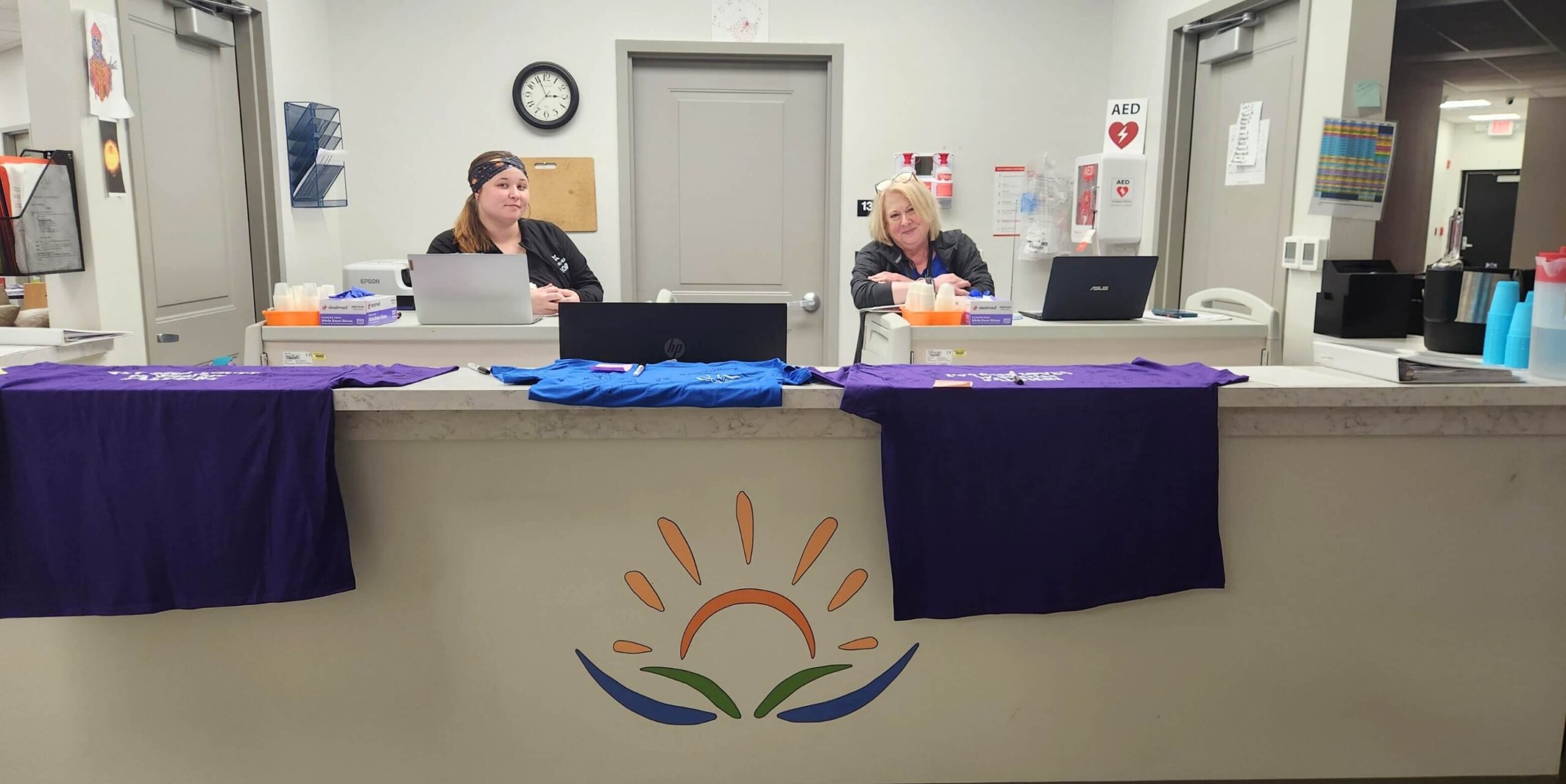Deciding between rehab options can feel overwhelming, especially when trying to match the right care with your recovery needs. For many people in Jeffersonville, IN, understanding the difference between outpatient vs inpatient rehab is the first step toward getting effective help. Each option supports recovery in unique ways, depending on lifestyle, health status, and treatment goals.
Knowing whether you need inpatient or outpatient rehab can help make informed decisions about your recovery journey. This article breaks down the structure, benefits, and costs of both types of care and helps you evaluate which approach may suit your circumstances best. You’ll also learn how treatment programs in Jeffersonville, IN, offer specific support, from structured residential care to flexible outpatient options, so you can take the next step with clarity.
Understanding Inpatient Rehab: Full-Time Recovery Focus
What Is Inpatient Rehab?
Inpatient rehab refers to 24-hour residential care where individuals stay at a treatment center throughout their recovery. These programs provide medical supervision, structured therapy, and daily support in a controlled environment. In Jeffersonville, IN, inpatient rehab program is often used for people needing more intensive care after a major health event or long-term substance use.
Benefits of Inpatient Treatment
Inpatient rehab allows individuals to step away from daily triggers and focus solely on healing. It also supports those who require medical monitoring during detox or early recovery. This approach is often recommended for people recovering from a recent stroke or managing co-occurring conditions, which may also involve initial withdrawal management.
Who Benefits Most from Inpatient Care?
People with severe addiction, unstable home environments, or complex health issues often do best in inpatient rehab. This setting is also ideal for those who have not responded well to outpatient care in the past. For those comparing inpatient and outpatient options, full-time residential care may offer greater structure and stability when immediate change is needed.
Exploring Outpatient Rehab: Flexibility in Recovery
What is Outpatient Rehab?
Outpatient rehab provides structured therapy sessions without requiring a residential stay. Individuals attend treatment during the day or evening while continuing to live at home. This model works well for those who need consistent support but have responsibilities that prevent full-time residential care.
Types of Outpatient Programs
Intensive Outpatient Programs (IOP)
IOPs offer multiple therapy sessions per week while allowing people to maintain work or family duties. These programs are often used as a step-down from inpatient rehab. They can also serve as a starting point for individuals with moderate symptoms who want to avoid hospitalization.
Partial Hospitalization Programs (PHP)
Partial Hospitalization Program or PHP provides structured care during the day, similar to inpatient treatment, but patients return home in the evening. These are useful for those who need more than standard therapy but not full-time supervision. Many who enter PHPs have recently completed detox, making it a helpful bridge to continued care with medical stabilization support.
Standard Outpatient Therapy
This format usually involves weekly sessions with a counselor or support group. It offers the most flexibility, making it suitable for people in early recovery or maintenance phases. While less intensive, it remains a core part of many long-term rehabilitation plans.
Advantages of Outpatient Treatment
Outpatient program allows individuals to apply what they learn in real time while continuing treatment. It’s often a preferred choice for people with strong social support and stable living environments. For some, the answer to why outpatient care is better than inpatient lies in its balance of independence and professional guidance.
Who Thrives in Outpatient Programs?
Those with mild to moderate symptoms, reliable housing, and personal motivation tend to do well in outpatient programs. People returning to work or school may also benefit from this flexibility. Choosing between inpatient or outpatient rehab often comes down to how much structure and oversight a person needs to stay on track.
Cost Comparison: Understanding Your Investment
Inpatient Treatment Costs
Inpatient rehab costs are generally higher due to housing, meals, and around-the-clock care. These programs also include medical support and daily therapy, which contributes to the overall expense. For some, verifying insurance coverage is a necessary step before committing to this type of care.
Outpatient Treatment Costs
Outpatient rehab typically costs less since it doesn’t include room and board. Services are billed per session, which can make it more accessible for people with limited budgets. This raises a common question: is outpatient cheaper than inpatient, and in most cases, the answer is yes.
Making Financial Decisions
Weighing the value of treatment against your financial situation is an important step. Both types of care may offer sliding scale options or payment plans. Before deciding, it helps to explore financial assistance information that may be available locally.
Program Structure and Daily Life
Inpatient Daily Schedule
Inpatient rehabilitation programs follow a highly structured daily routine that includes therapy, medical appointments, and wellness activities. This structure helps patients build healthy habits and maintain focus throughout recovery. Days are planned to limit distractions and support progress across multiple areas of healing.
Outpatient Flexibility
Outpatient programs offer flexibility that allows individuals to maintain daily responsibilities. Sessions are scheduled around work or school and can include both individual and group therapy. This structure supports recovery while still allowing time for home and family life, which is often part of long-term rehabilitation options.
Sunrise Recovery’s Approach in Jeffersonville
Our Comprehensive Services
Sunrise Recovery offers a wide range of treatment programs designed to meet the diverse needs of the Jeffersonville, IN community. Services include detox, individual therapy, and family support. Many clients begin after completing initial withdrawal management, which lays the foundation for long-term recovery.
Evidence-Based Treatment Methods
Treatment at Sunrise Recovery is grounded in proven therapeutic approaches, including behavioral therapy and trauma-informed care. This evidence-based model is consistent across both inpatient and outpatient settings. Programs are built to support physical and emotional healing through strategies that are research-backed and measurable.
Personalized Treatment Planning
Treatment plans are tailored to meet the unique needs of each individual. Whether someone needs medical care, therapy, or case management, all services are aligned with personal goals. Planning often includes long-term recovery support, which helps patients transition into life after primary treatment.
Making the Right Choice for Your Situation
Factors to Consider
When deciding between outpatient vs inpatient rehab, consider your health status, living situation, and support network. Medical needs, such as medication management or co-occurring diagnoses, may require more structured care. Practical matters like transportation and work obligations also influence which setting is more feasible.
Questions to Ask Yourself
Think about your current environment and whether it supports sobriety. Ask if you need constant supervision or if you can manage with scheduled check-ins. Evaluating both clinical needs and daily pressures can guide your choice between rehab options available in Jeffersonville, IN.
Getting Professional Guidance
Professionals can help assess what level of care is appropriate and develop a plan that fits your situation. Many people begin the process with an evaluation or consultation. This step often includes reviewing the intake and planning process to understand what to expect.
Success Rates and Outcomes
Measuring Treatment Success
Success in rehab can be measured by reduced substance use, improved health, and stronger relationships. It also includes returning to work or school and maintaining progress over time. Comparing success rates across programs can help you set realistic expectations.
Factors Affecting Success
Many factors shape recovery outcomes, including the level of support, duration of treatment, and personal readiness. Programs that integrate physical therapy, family involvement, and aftercare tend to show stronger results. Sustainable progress is often supported by ongoing continuing care options after treatment ends.
Final Thoughts
Choosing between outpatient vs inpatient rehab comes down to your specific needs, lifestyle, and health goals. Each option offers benefits and limitations, and understanding these helps you make informed choices. Whether you’re drawn to the full-time structure of inpatient care or the flexibility of outpatient support, both paths offer valuable tools for healing.
Recovery often requires ongoing attention to both physical and mental health. For individuals managing substance use and mental health together, programs that include dual-diagnosis treatment planning can make a meaningful difference. If you’re ready to start, seeking a professional assessment can help you move forward with confidence.
What step are you ready to take today, and what kind of support do you need to get there?
Frequently Asked Questions (FAQs)
How long does addiction recovery typically take?
Recovery timelines vary widely, but many programs range from 28 days, with long-term support extending beyond that. Consistency and follow-up care improve outcomes.
Can I work while attending outpatient rehab?
Yes. Most outpatient programs are designed to fit around your work schedule. Flexibility is one of the biggest benefits of outpatient rehab.
Does Sunrise Recovery accept insurance for both inpatient and outpatient services?
Yes, but it’s best to contact the facility directly to confirm coverage. Insurance may help reduce costs for both levels of care.
What makes Sunrise Recovery different from other treatment centers in Jeffersonville?
Sunrise offers evidence-based care tailored to individual needs, with services that span from detox to aftercare. Their local team provides ongoing support beyond initial treatment.
How do I know if I need inpatient or outpatient treatment?
A clinical assessment can help determine which level of care suits your medical and emotional needs. Your living situation and support system also play a role.







